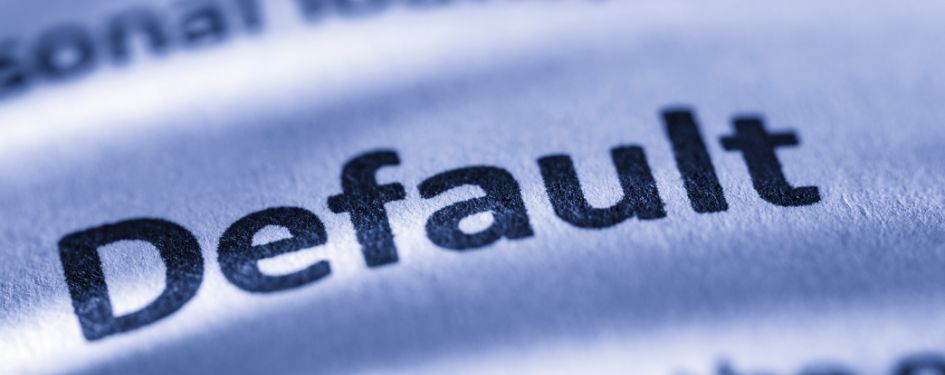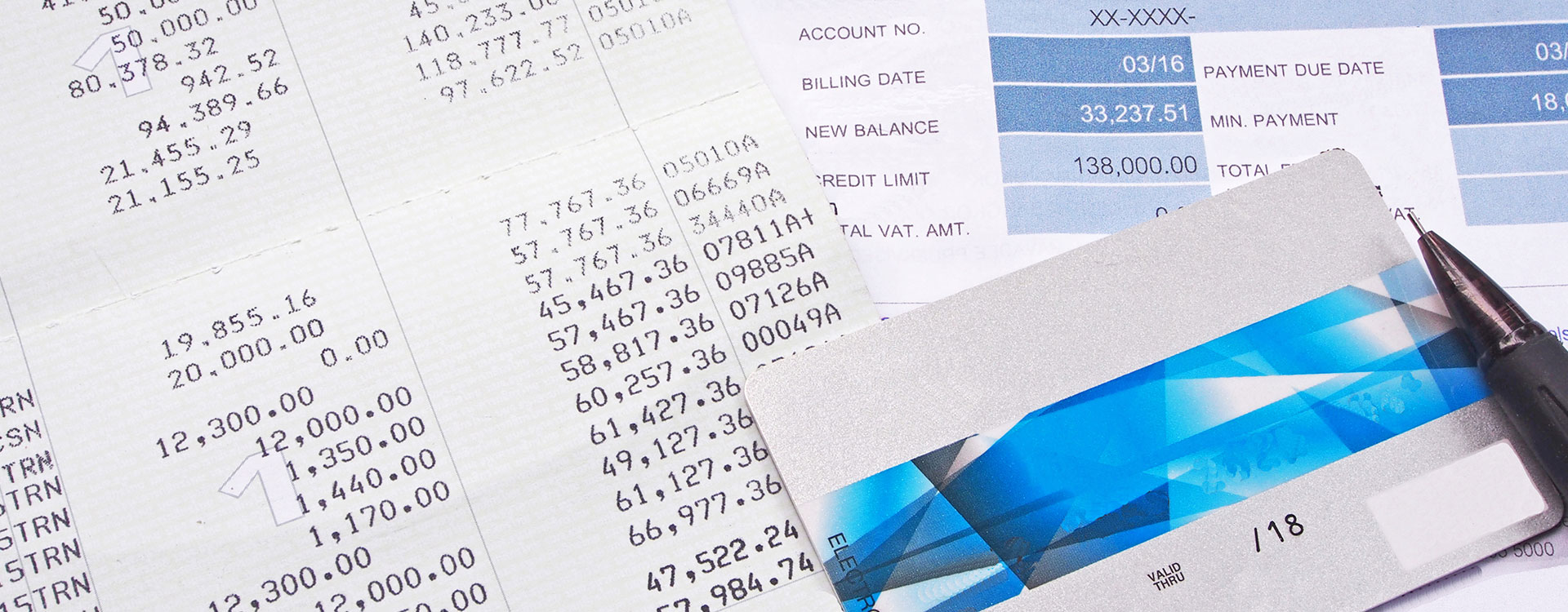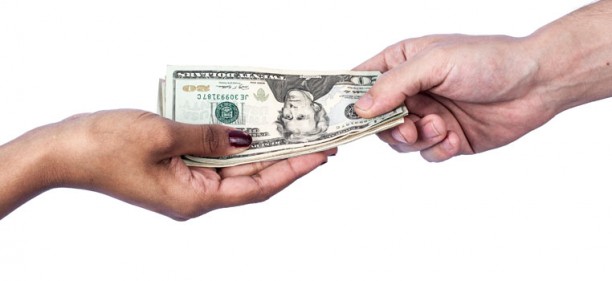What Happens When You Default On A Loan? (What You Need To Know)
Posted on Feb 29, 2024 By: Minh Tong
Not paying on a loan can result in loan default, bringing with it long-lasting negative financial consequences.
When you enter into a loan agreement, you do so with the sincere intention of fulfilling your financial obligations.
However, life can be unpredictable, and unforeseen circumstances may arise, making it challenging to meet your loan payments. If you find yourself in a situation where you're unable to keep up with your loan repayments, you may face the prospect of loan default.
KEY TAKEAWAYS:
- Loan default occurs when a borrower fails to meet the repayment terms.
- Defaulting on a loan can have far-reaching consequences that extend beyond immediate financial ramifications.
- There are proactive steps you can take to mitigate the risk and prevent default.
What exactly does it mean to default on a loan, and what are the repercussions?
Below, we'll cover the concept of loan default, its consequences, and strategies to prevent it, empowering you to navigate your financial journey with confidence.
Understanding Loan Default
Loan default occurs when a borrower fails to meet the repayment terms outlined in the loan agreement.
This typically involves missing multiple consecutive payments, although default can occur after a single missed payment in certain circumstances. When you default on a loan, you breach the contractual agreement with your lender, indicating an inability to fulfill your financial obligations.
Upon missing a payment, many lenders offer a grace period during which you can rectify the situation and bring your account up to date.
And loan delinquency is on the rise too. According to data from Statista, in the third quarter of 2023, roughly 2.53 percent of all consumer loans at commercial banks in the United States were delinquent.
Prolonged delinquency can escalate to loan default, triggering a series of consequences with lasting implications for your financial well-being.
That’s why if you have the chance to avoid defaulting on your loan, you should always pursue it.
Consequences Of Loan Default
Defaulting on a loan can have far-reaching consequences that extend beyond immediate financial ramifications.
Let's explore some of the key repercussions associated with loan default…
Financial Repercussions: Depending on the type of loan, defaulting can have severe financial repercussions.
For instance, defaulting on federal student loans can trigger loan acceleration, requiring immediate repayment of the entire loan balance. Additionally, defaulting on secured loans may result in asset repossession, such as foreclosure on a mortgage or repossession of a vehicle.
Credit Score Impacts: One of the most significant consequences of loan default is the adverse impact on your credit score.
Defaulting on a loan can lead to a substantial decrease in your credit score, making it challenging to access credit in the future and resulting in less favorable loan terms.
Legal Consequences: Defaulting on unsecured loans, such as personal loans or credit card debt, can lead to legal action by the creditor. This may involve lawsuits, wage garnishment, or liens on your assets, further exacerbating your financial distress.
Emotional Stress: Beyond the financial and legal implications, defaulting on a loan can take a toll on your emotional well-being.
Dealing with debt collectors, navigating legal proceedings, and facing the uncertainty of your financial future can contribute to heightened stress and anxiety.
How To Prevent Loan Default
While defaulting on a loan can seem daunting, there are proactive steps you can take to mitigate the risk and prevent default…
Communicate with Your Lender: If you anticipate difficulty in meeting your loan obligations, communicate with your lender as soon as possible. Many lenders offer assistance programs and repayment options for borrowers experiencing financial hardship.
Debt Consolidation: Consider consolidating your debts into a single loan with more favorable terms. Debt consolidation can streamline your payments and potentially lower your overall interest costs, making debt management more manageable.
Exploring Deferment or Forbearance: Depending on your lender, you may qualify for deferment or forbearance, allowing temporary relief from loan payments. These options can provide breathing room during challenging times while avoiding default.
Seek Credit Counseling: Consult with a reputable credit counselor who can assess your financial situation and provide personalized guidance on managing your debts. A credit counselor can help you develop a realistic repayment plan and explore debt relief options.
Legal Assistance: If you're facing imminent default or legal action, seek the counsel of a qualified attorney specializing in consumer debt. A legal professional can advocate on your behalf, negotiate with creditors, and help you navigate complex legal proceedings.
Final Thoughts About Defaulting On A Loan
Defaulting on a loan can have serious implications for your financial stability and overall well-being.
By understanding the concept of loan default, recognizing the warning signs, and taking proactive measures to address financial challenges, you can steer clear of default and regain control of your financial future.
Remember, seeking support and guidance from reputable financial professionals can provide invaluable assistance in navigating challenging financial circumstances.
How Credit9 Can Help You
At Credit9, we offer loan options that could provide you with the financial solution that works best for you.
Since 2018, Credit9 has provided over $460 Million in loans to over 36,000 of our customers, and we’re confident we can help you too.
For more information about Credit9’s unique debt consolidation services, contact us today to see how we can help you consolidate your debts and receive a free, no-obligation, and fully-customized Credit9 loan solution!
Debt Consolidation Loan




 Clear Language Establishes Trust And Minimizes Anxiety When It Comes To Finances
Clear Language Establishes Trust And Minimizes Anxiety When It Comes To Finances
 The Best Ways To Loan Money To Friends And Family
The Best Ways To Loan Money To Friends And Family
 Paying For A “Delete” (Is It A Good Idea?)
Paying For A “Delete” (Is It A Good Idea?)